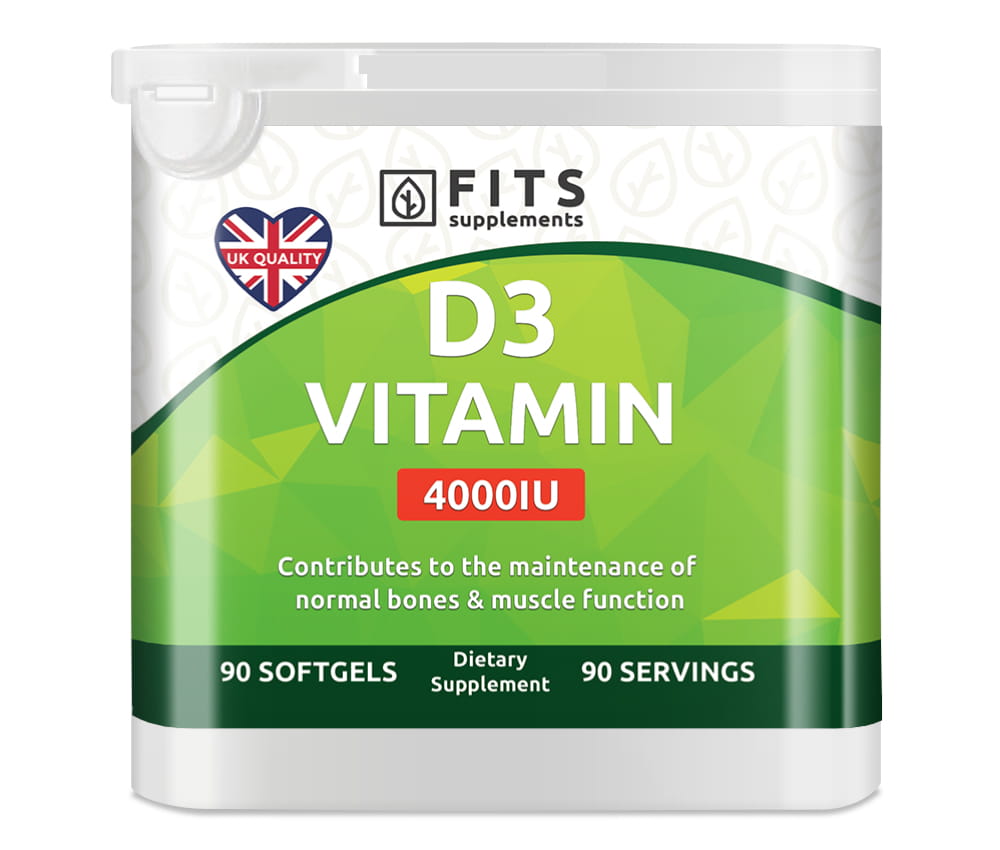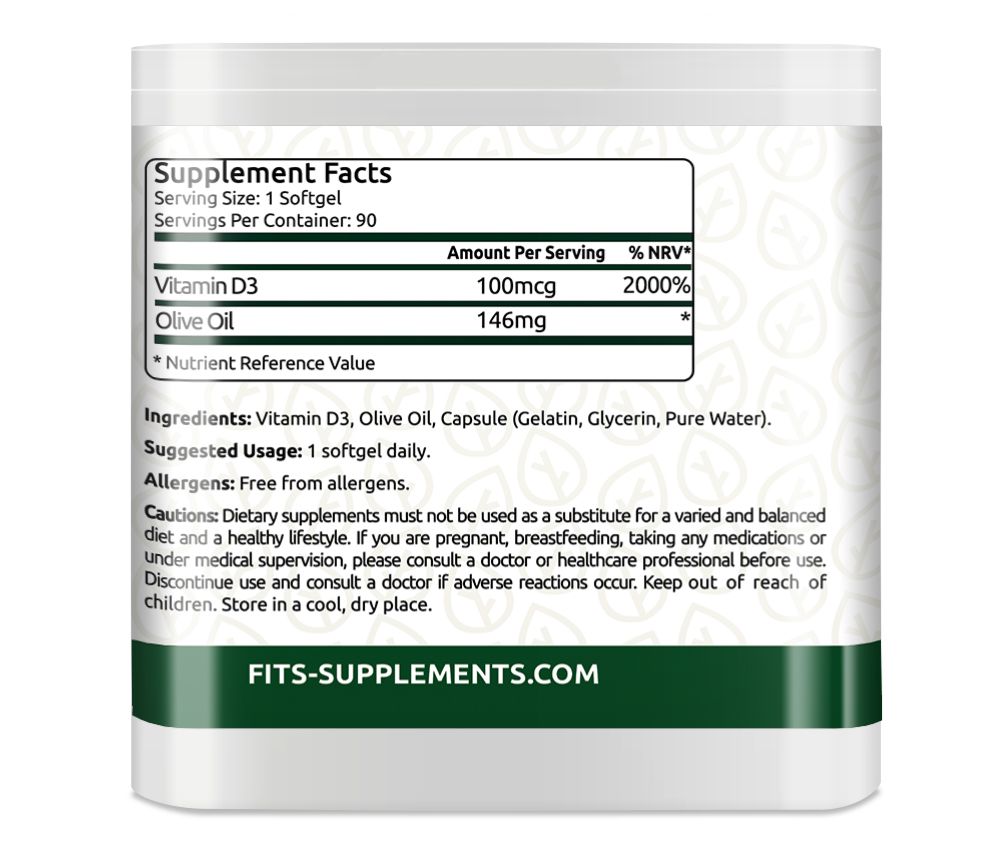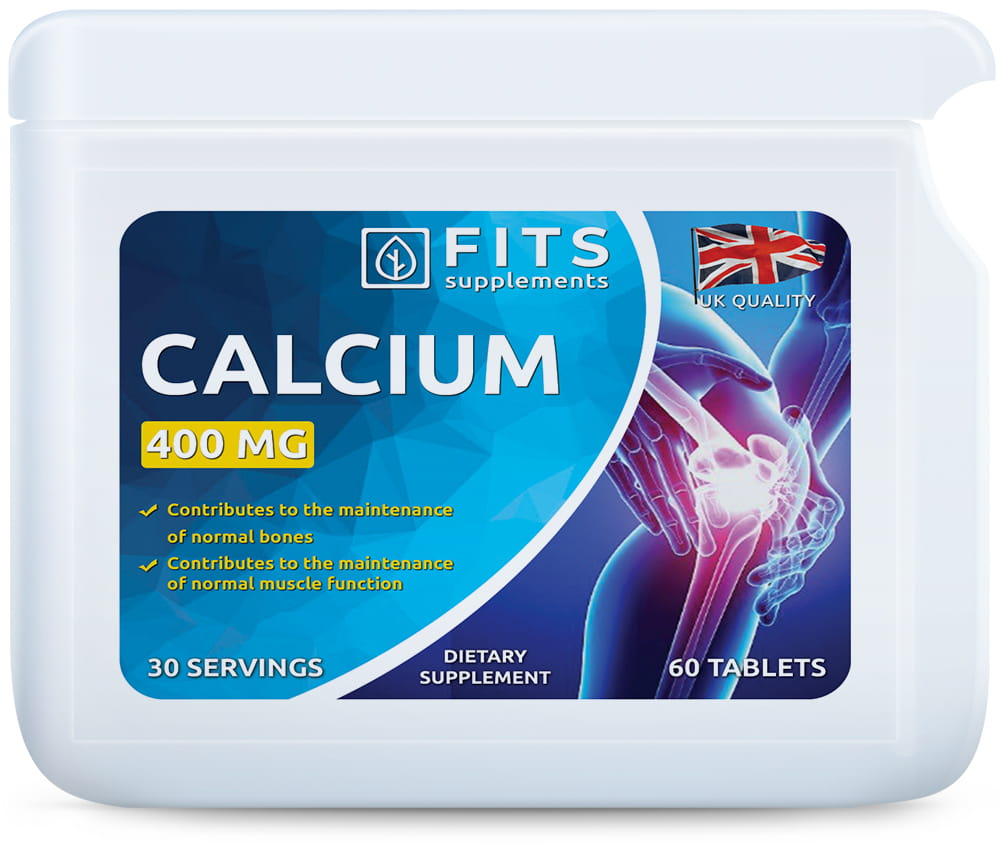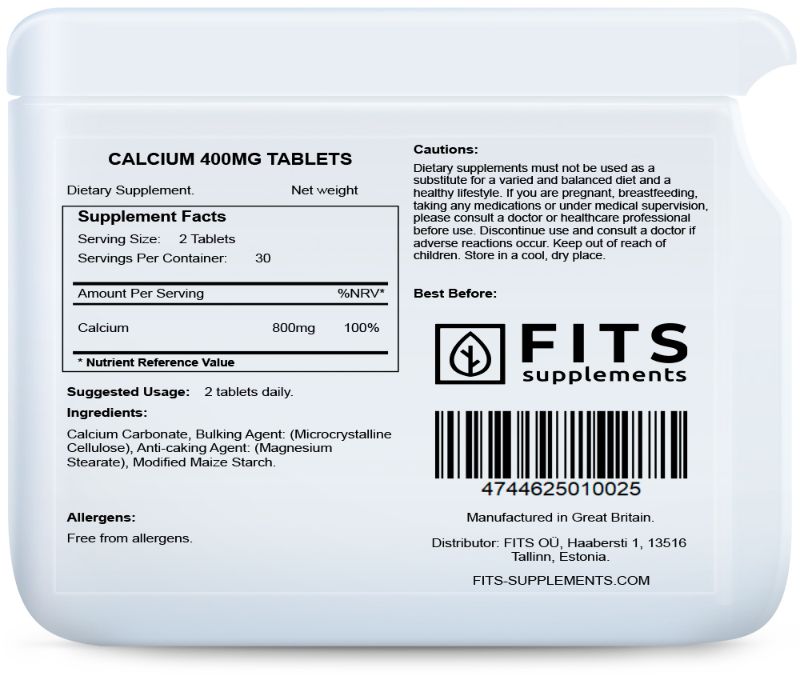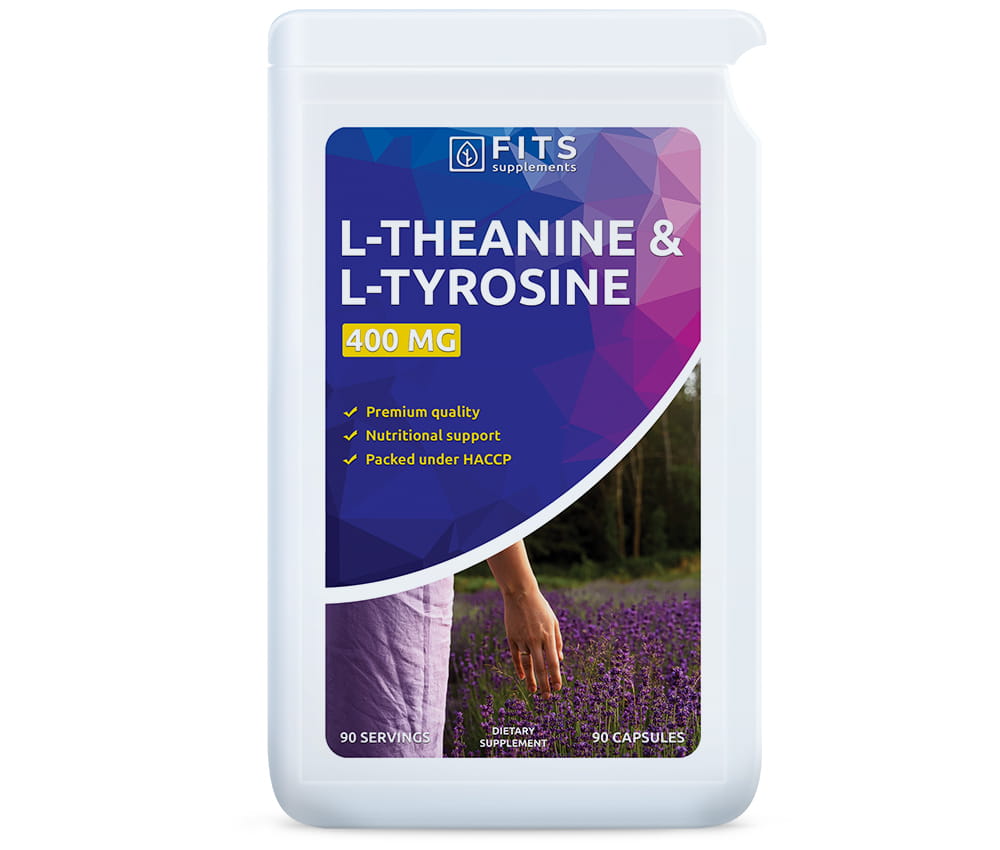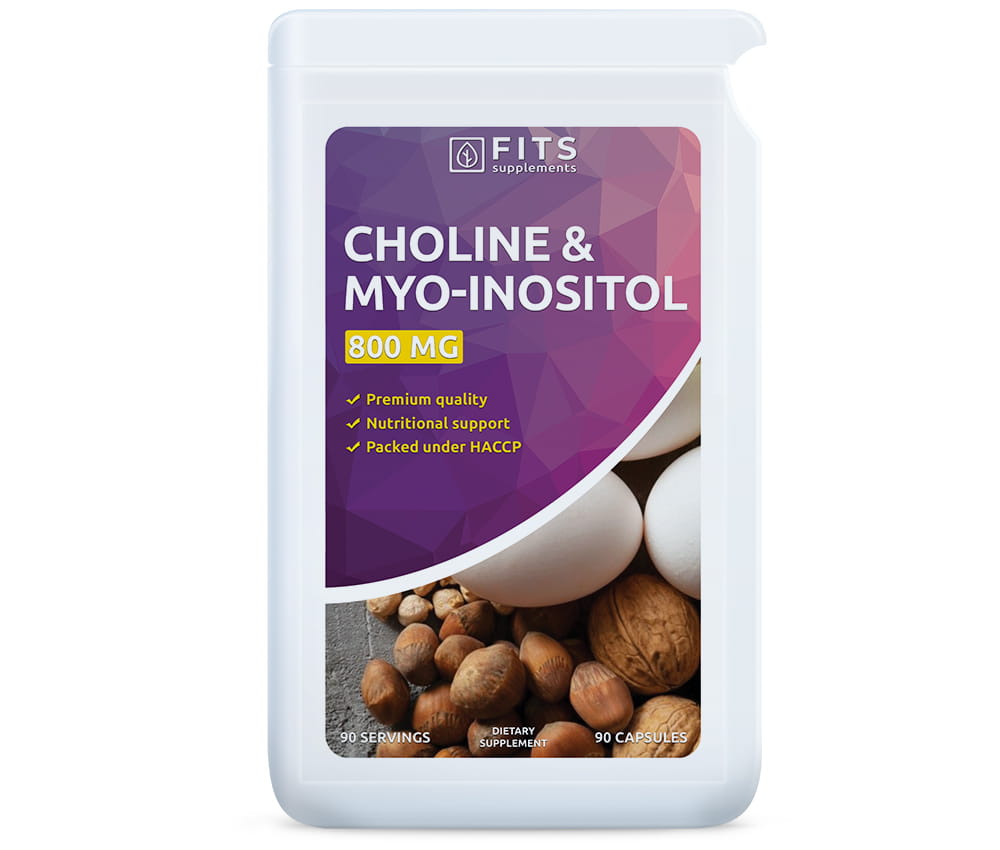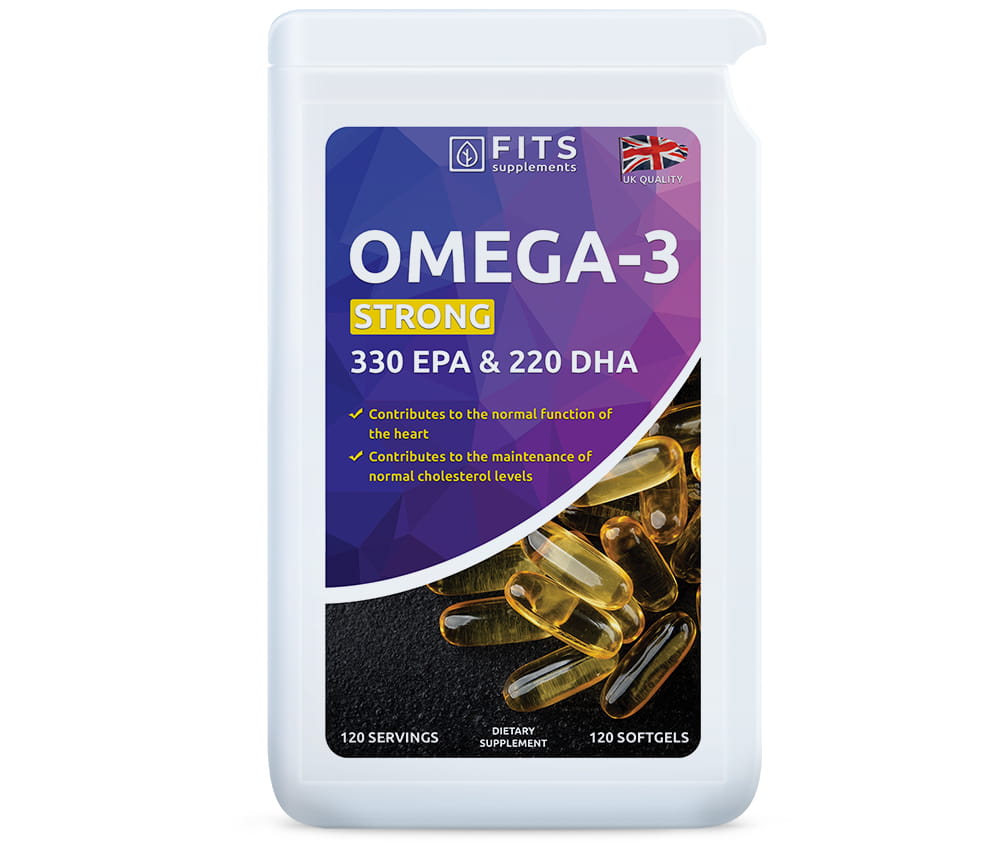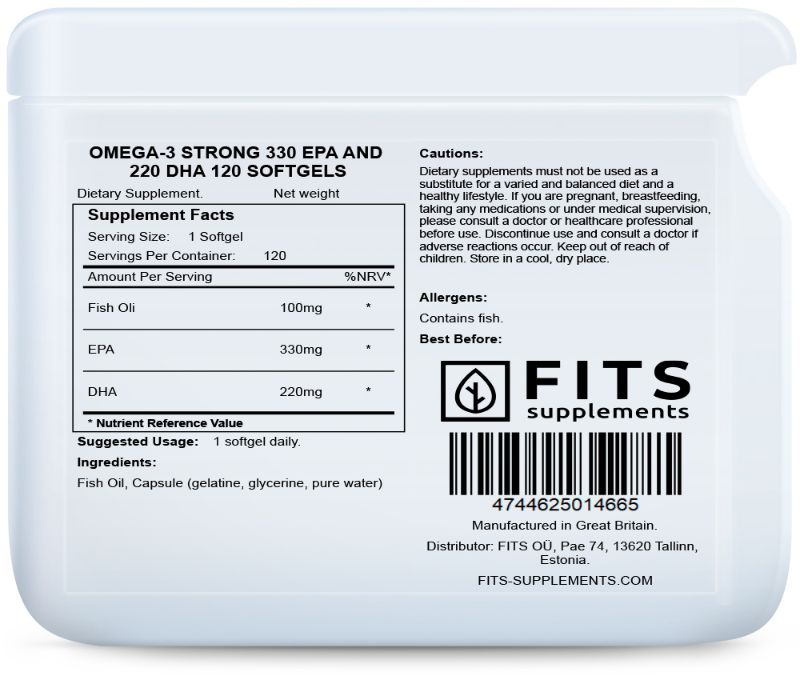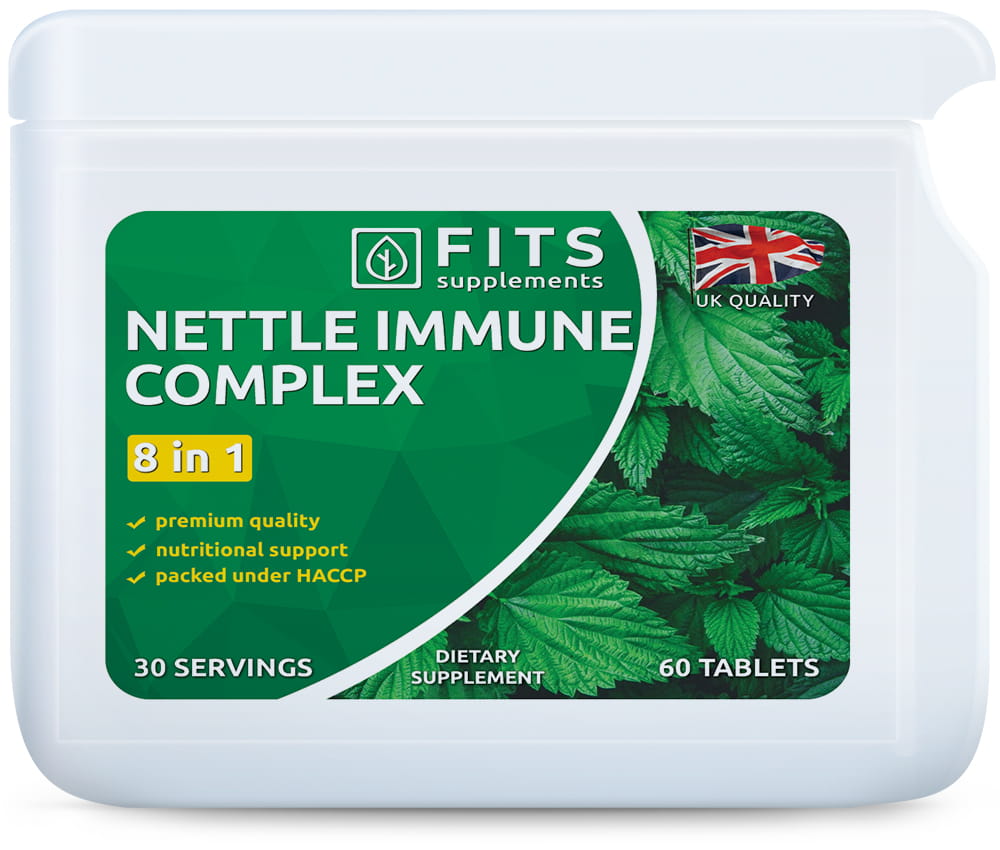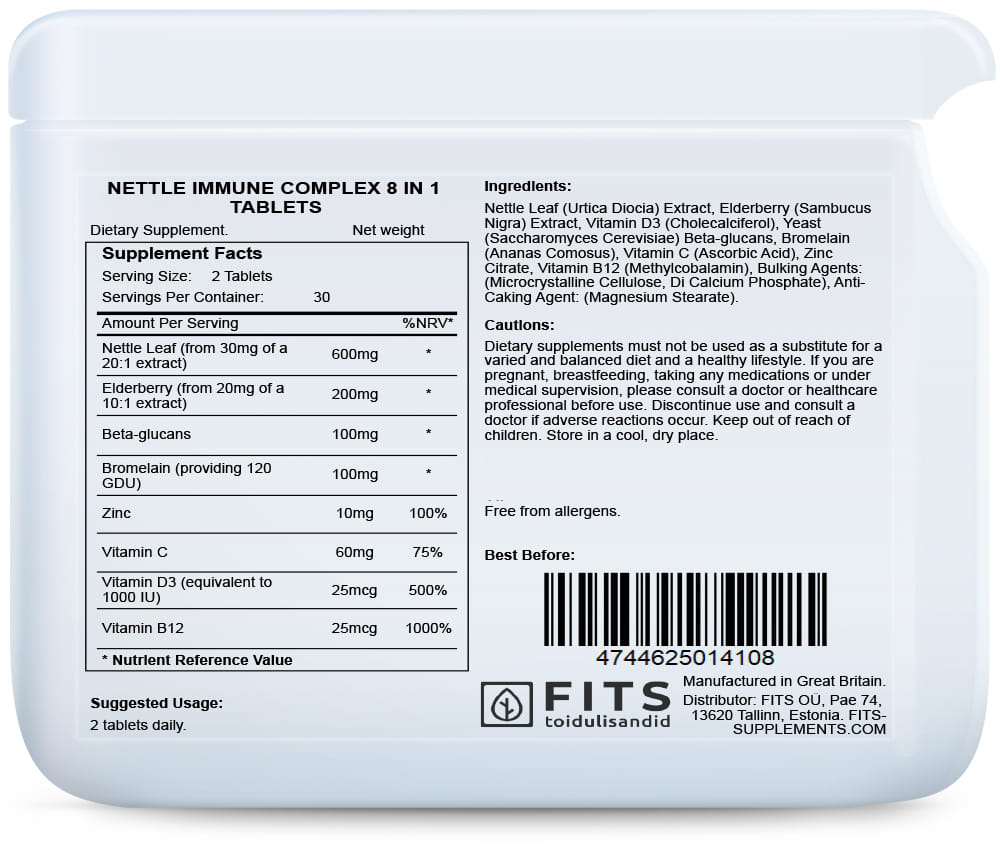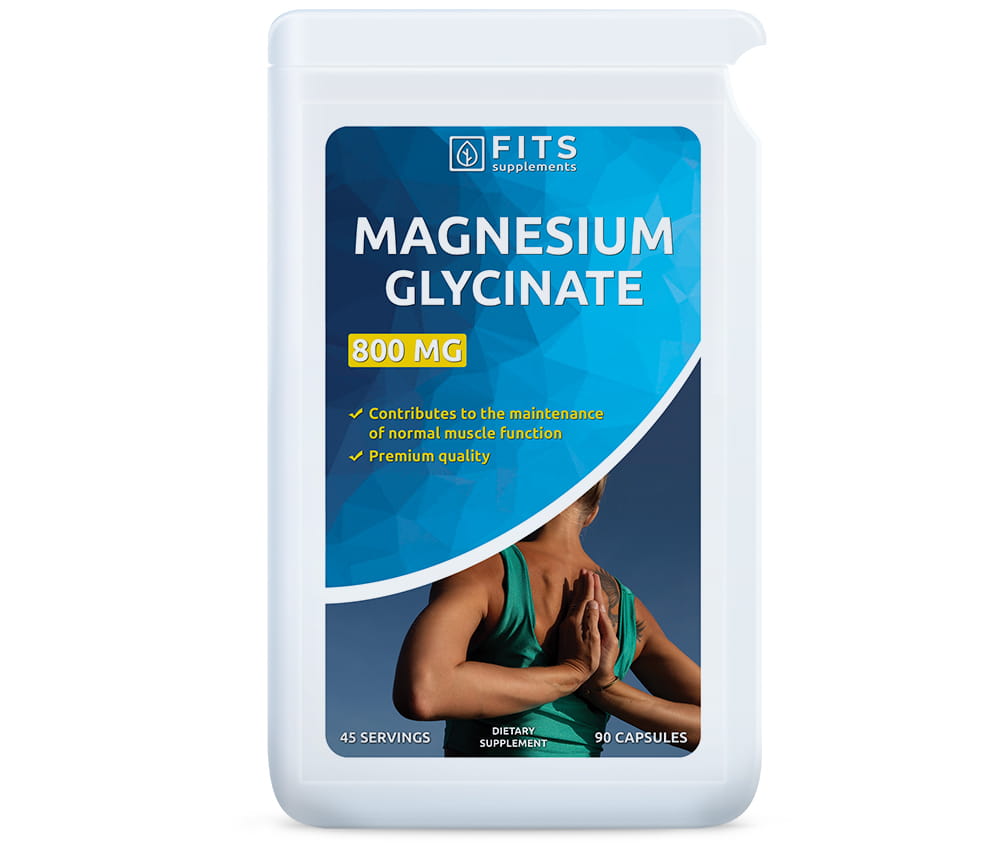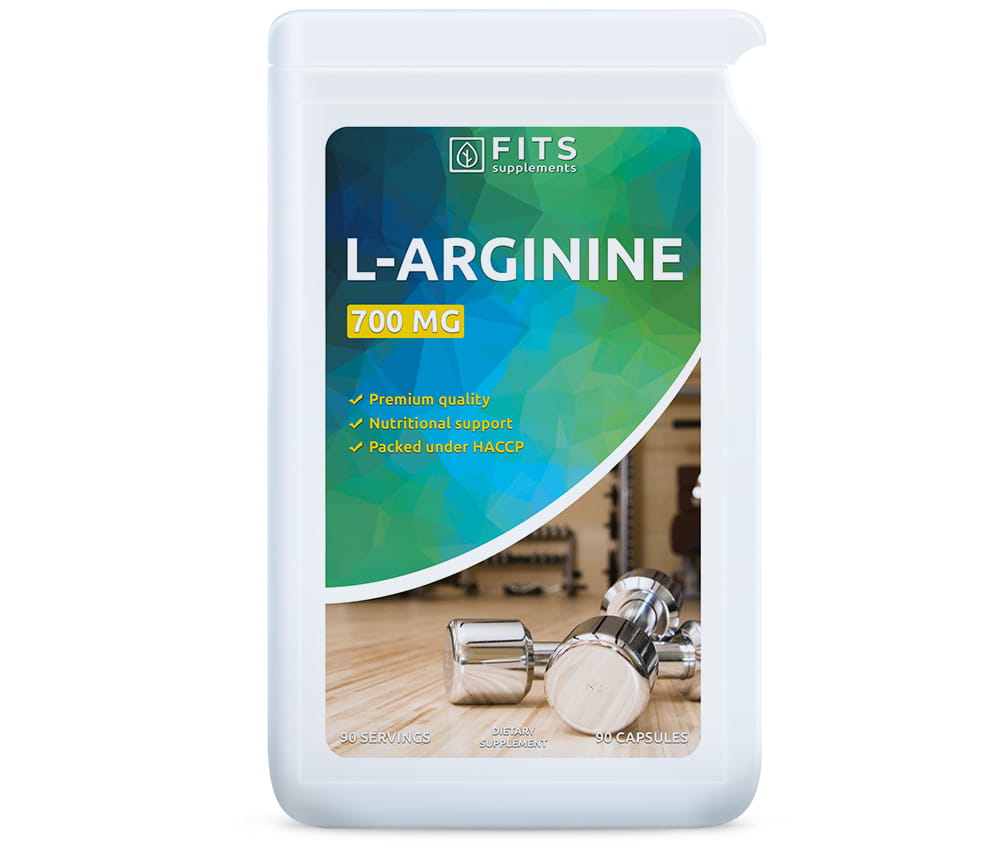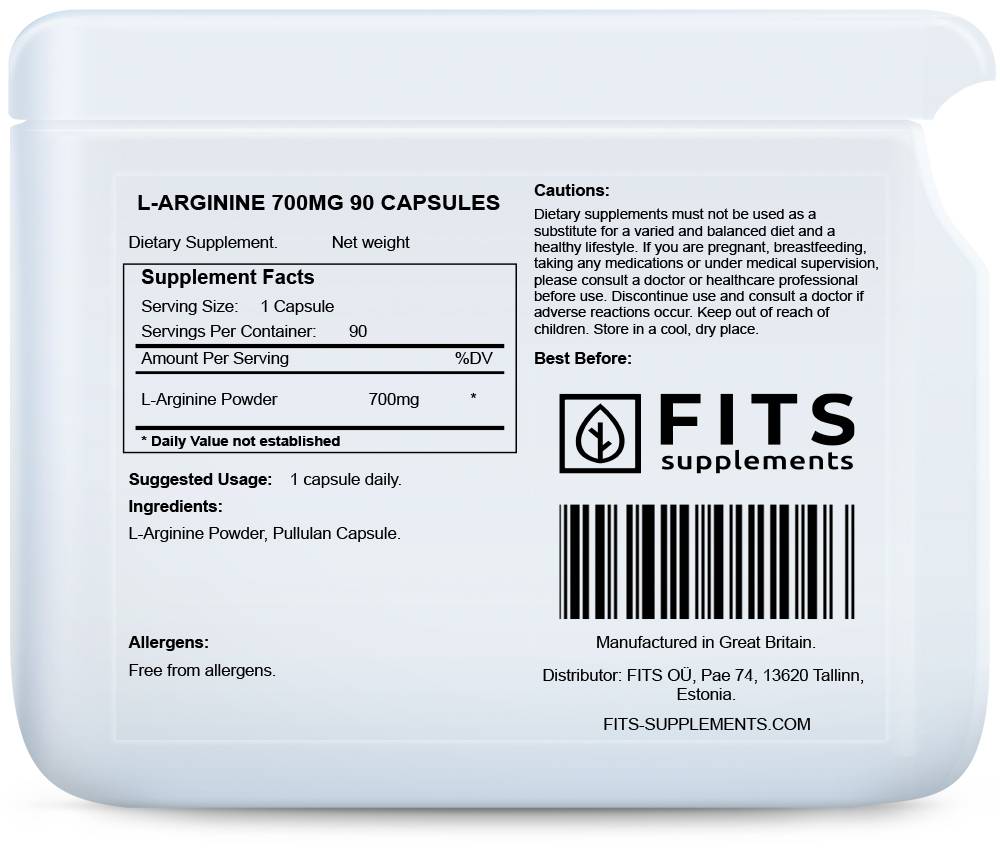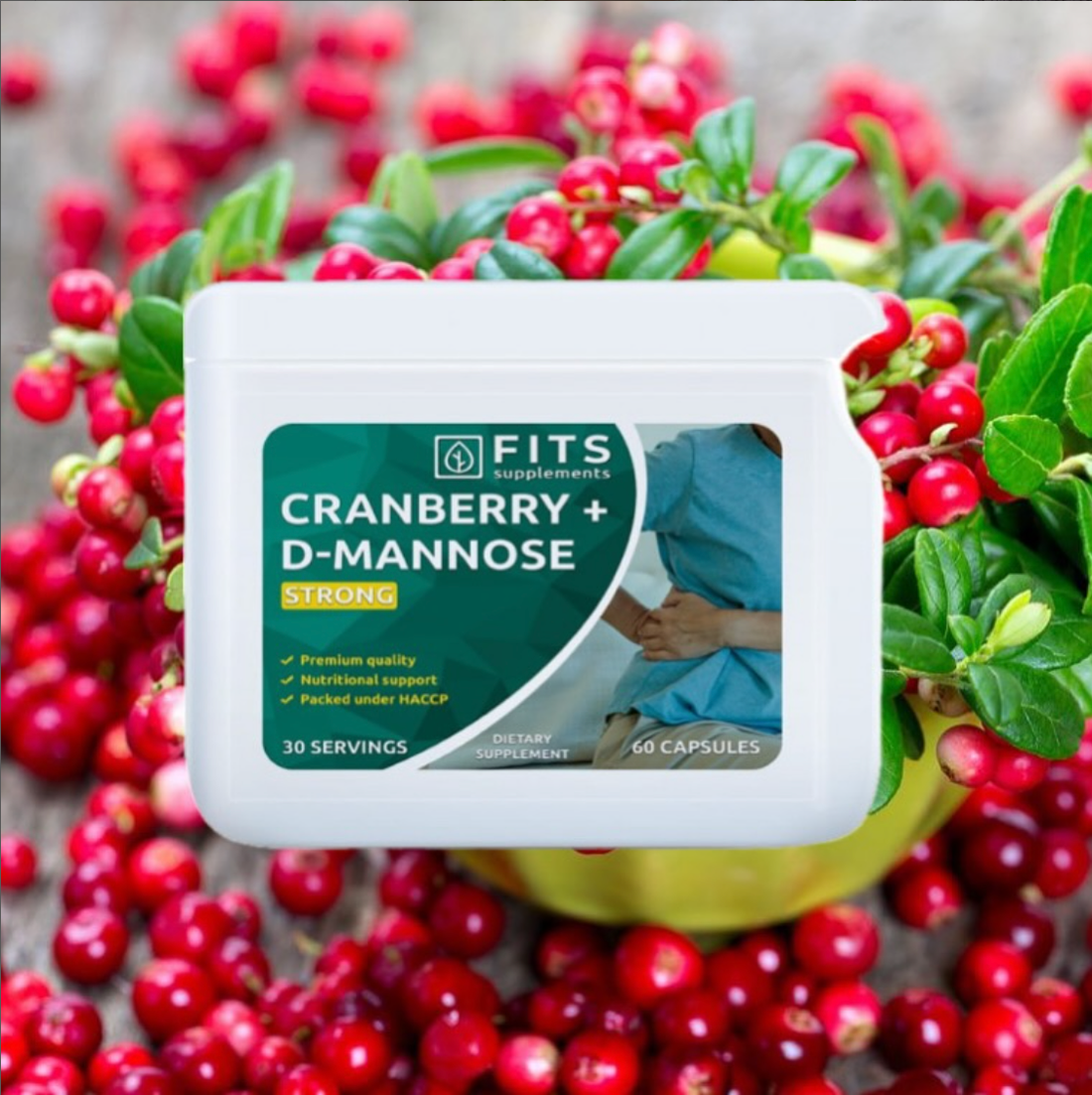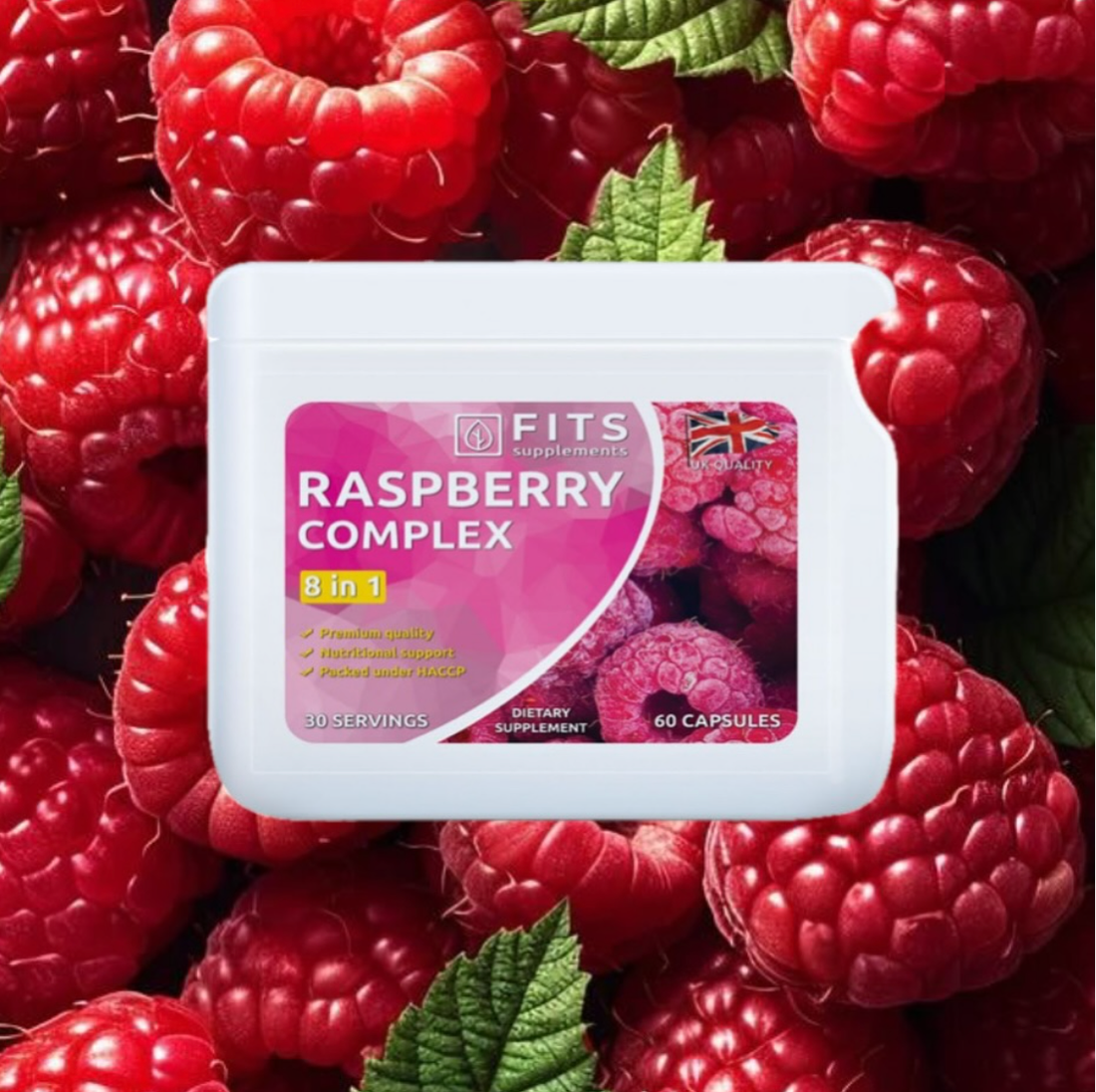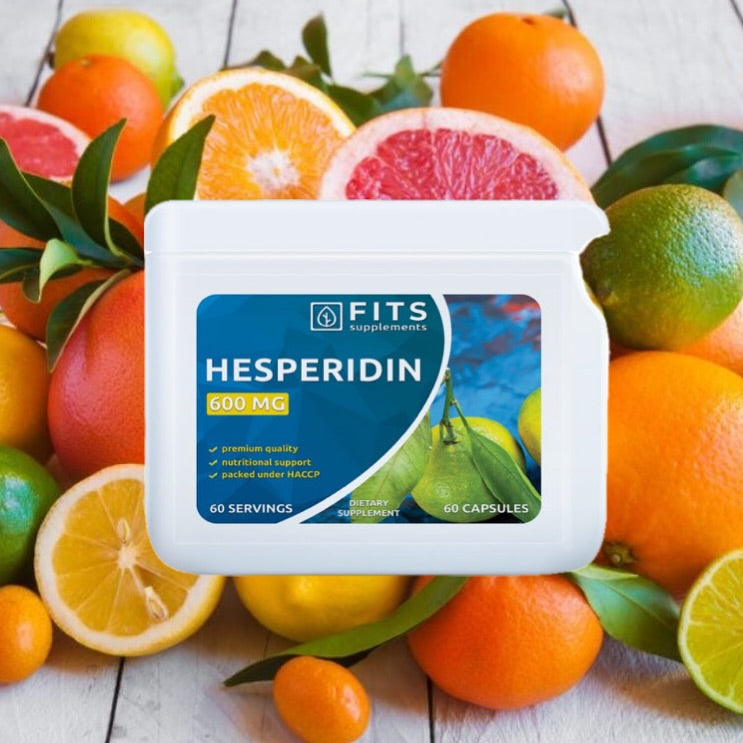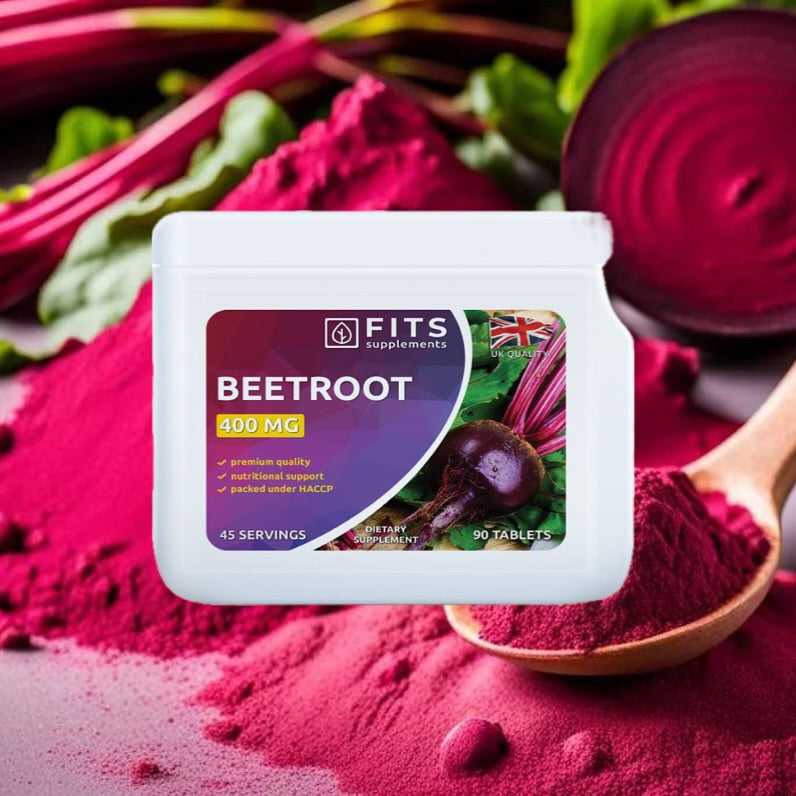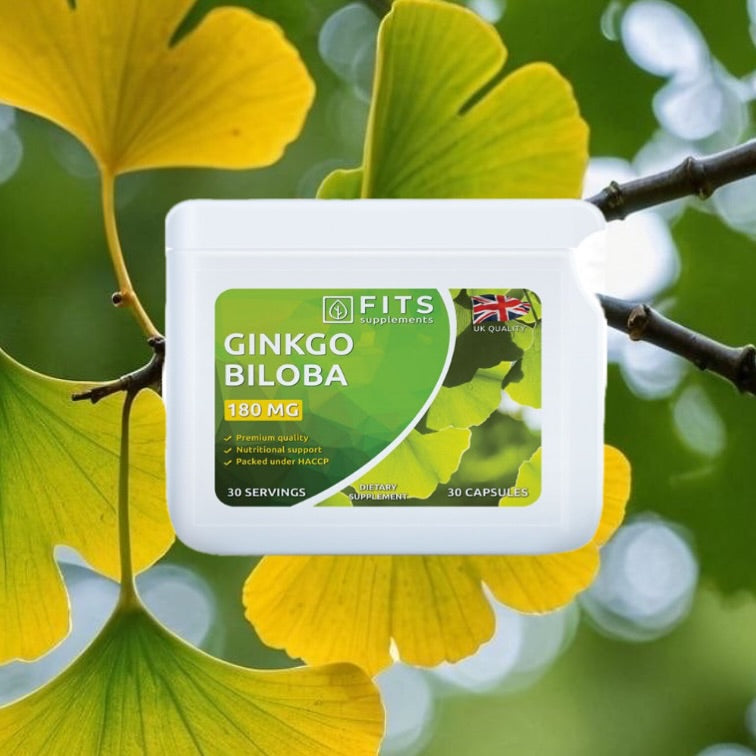Entschuldigung, es gibt keine Produkte in dieser Kollektion.
Was ist Rutin?
Rutin ist ein Polyphenol pflanzlichen Ursprungs, das zur Gruppe der Bioflavonoide gehört, die unter einem Namen vereint sind – den P-Vitaminen. Es ist ein biologisch aktives Nahrungsergänzungsmittel, das aus pflanzlichen Rohstoffen hergestellt wird.
Bioflavonoide finden sich in Teeblättern, Schalen von Zitrusfrüchten, Apfelbeere, Wildrose, Paprika, Walderdbeere, schwarzer Johannisbeere, Himbeere, Sanddorn, Kirsche usw.
Vorteile von Rutin
Rutin ist bekannt für seine antioxidativen und entzündungshemmenden Eigenschaften. Es trägt zu den folgenden Dingen bei:
- Stärkung von Oxidations-Reduktions-Prozessen im Körper;
- Verbesserung des Allgemeinzustandes;
- Optimierung des Stoffwechsels;
- Stärkung von Kapillaren und Blutgefäßen;
- bessere Aufnahme von Vitamin C;
- Senkung des Cholesterinspiegels;
- lindert Schmerzen und Schwellungen aufgrund seiner entzündungshemmenden Eigenschaften.
Die Wechselwirkung zwischen Rutin und Vitamin C verringert die Durchlässigkeit der Kapillaren und erhöht ihre Festigkeit. Rutin ist notwendig für die normale Funktion des Immun- und Kreislaufsystems, für Menschen mit Erkrankungen des Verdauungstrakts, des Herzens und der Blutgefäße. Seine Verwendung wird für Raucher und Menschen mit allergischen Reaktionen und Infektionen empfohlen.
Verwendung von Rutin
Rutin sollte gemäß den Anweisungen für das Bio-Ergänzungsmittel verwendet werden. Eine optimale Tagesdosis beträgt 25 bis 50 mg. Menschen mit einem hohen Maß an körperlicher Aktivität sollten jedoch bis zu 100–150 mg pro Tag einnehmen. Sie sollten einen Arzt konsultieren, um Ihre individuell verschriebene Tagesdosis Rutin zu erhalten.
Sein Mangel kann zu Gesundheitsproblemen, Blutungen, Gewebeschwellungen, hoher Gefäßzerbrechlichkeit, einer Neigung zu Blutergüssen und Haarproblemen sowie zu Müdigkeit, Beinschmerzen und Schlafstörungen führen.
Nebenwirkungen und Überdosierung von Rutin
Rutin hat keine Nebenwirkungen auf den Körper, außer bei individueller Unverträglichkeit seiner Bestandteile. Eine Überdosierung kann jedoch eine Hypervitaminose mit Symptomen wie Übelkeit, Durchfall und Schwindel verursachen.


